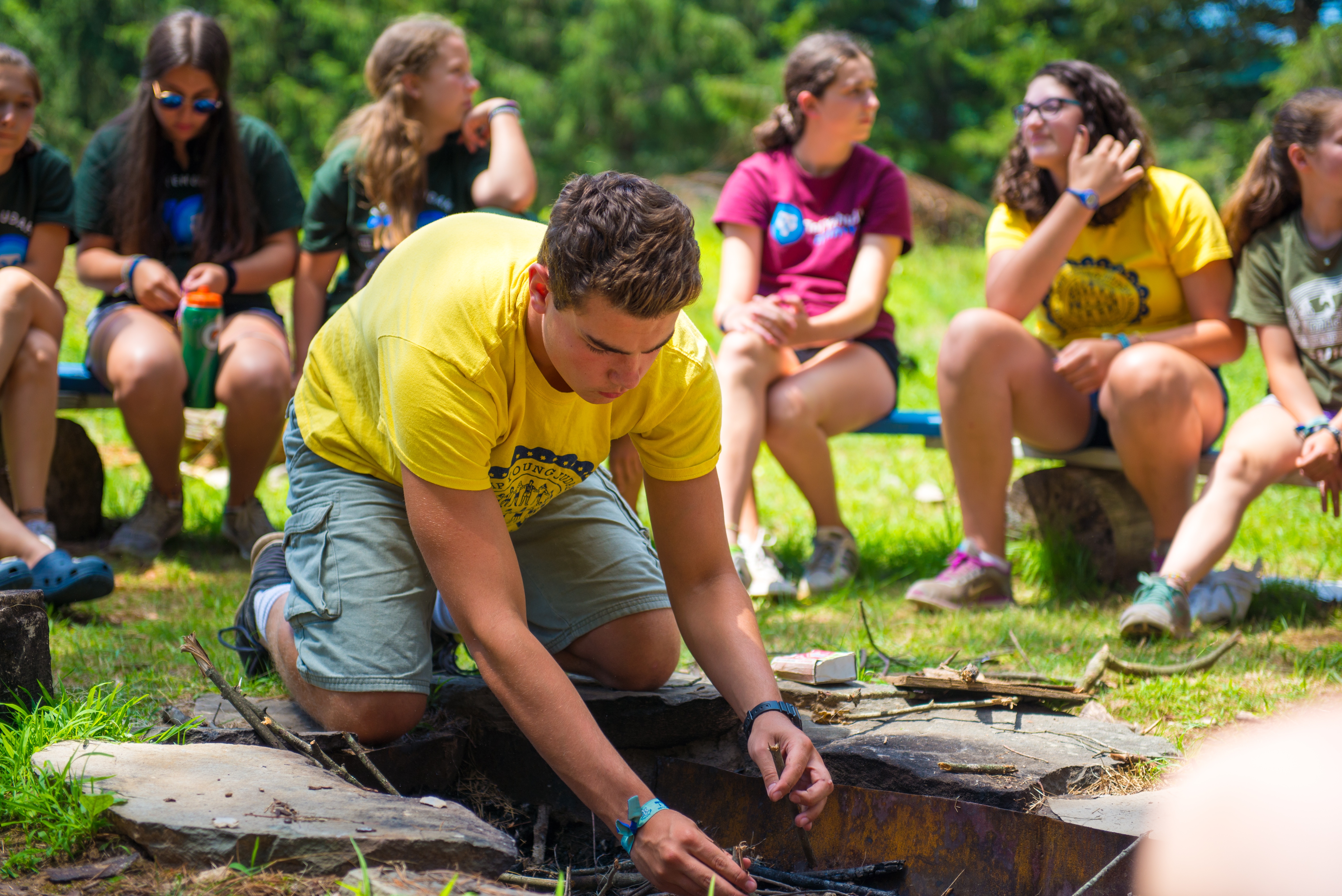What does it mean to lead?
Not all our kids will grow up to be the head honcho. They might not even want to. It doesn’t mean they don’t need to learn to lead though. Leadership skills are a basic foundation for success—no matter what our kids want to do in life.
Way before even considering loftier goals for them like running a company, managing a team, or speaking in public, we need to make sure they’ve tackled leadership basics, which starts with developing a strong sense of responsibility. No doubt you’ve been working on this with them for years at home, probably without really thinking about it. Now they are old enough to explore greater responsibilities in a community of their peers, a teen-only environment.
team, or speaking in public, we need to make sure they’ve tackled leadership basics, which starts with developing a strong sense of responsibility. No doubt you’ve been working on this with them for years at home, probably without really thinking about it. Now they are old enough to explore greater responsibilities in a community of their peers, a teen-only environment.
Responsibility for self
You probably already assign roles and dole out duties around the house, but when teens attend a summer program, they truly get to fly solo and test out their skills in a safe and controlled setting. When these small pieces—like staying up late and getting where they need to be on time, keeping themselves and their bunk clean, and eating right—are strung together over a few weeks, teens begin to establish a personal sense of responsibility and a good amount of confidence to go with it.
{{cta(‘fb9e1eed-572f-4d4d-bdef-44bd35e52614’)}}
Responsibility for others
Like a part-time job, but probably a lot more fun, teens learn to look beyond their own needs and develop a sense of purpose when they are charged with creating a program for their friends or organizing an activity. Leading prayers or running camp for the day are great ways to test out new skills, see how they feel, and see what it takes to do them.
Responsibility for the world
Many social movements throughout history have been led by youth. Activism starts with developing a commitment to community, social responsibility and social change. In some leadership-focused summer programs, teens have the opportunity and support to expand their awareness of the contemporary issues that shape and color our landscape. Then they can begin to develop the tools and skills they’ll need to be effective under the guidance of just slightly older mentors and role models.
Leadership development is a multi-billion-dollar industry. Adults spend years buried in books, videos, seminars, workshops, and coaching sessions to gain the skills they want to advance. Fortunately, we can give our teens a huge head start—and even a bit of a shortcut. By guiding them toward experiences where they will gain a sense of responsibility, we help them build confidence, which is essential to sharing ideas, connecting with others, and moving forward.
{{cta(‘555c690b-6441-41cb-9b61-f8bff5b4af48’)}}
 Young Judaea
Young Judaea





